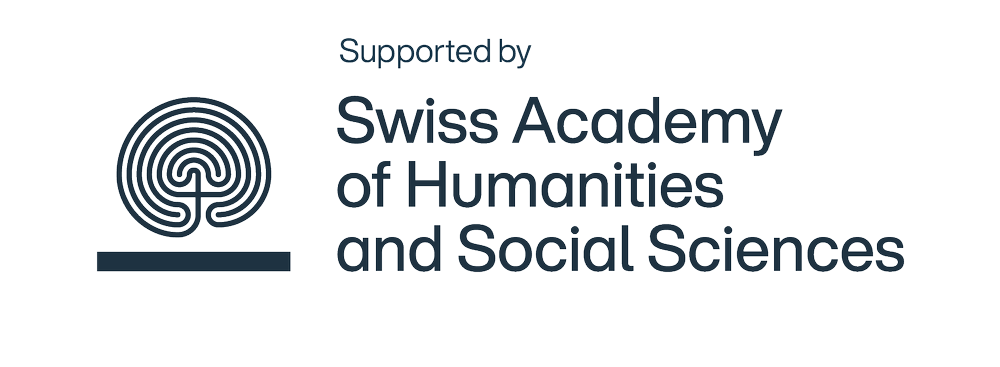Jakab Farkas of Alistál’s First Greeting Poem for György Csipkés of Komárom (Utrecht, 1652)
DOI:
https://doi.org/10.36950/jndf.2023.1.2Schlagwörter:
Keywords: 17th century Hebrew greeting poems, carmina gratulatoria in Hebrew, Hungarian protestant peregrines, Utrecht University, Hungarian authors in the age of Baroque, Jakab Farkas of Alistál, Jakab Alistáli Farkas, György Csipkés of Komárom, György Komáromi Csipkés, Christian Hebraism.Abstract
In my paper, I focus on a carmen written by a 17th-century Hungarian peregrine, Jakab Farkas of Alistál to his fellow student, György Csipkés of Komárom, on the occasion of this latter’s disputation Disputatio Scholastico-Theologica. De Speculo Trinitatis, in 1652. This carmen is one of those Utrecht poems which were written in Hebrew and created for Komáromi in the first part of the 1650s; chronologically it was written after István Ötvös of Szathmár’s, Johannes Leusden’s, Petkó János of Somos’ carmina and before the author’s second greeting poem (1654). In my paper, I publish the poem in a normative transcription, analyze it from the linguistic point of view, regarding the erroneous or extraordinary forms, and interpret it regarding the content-stylistic and poetic features. I take some notes about the translational solutions as well. At the end of my paper, I conclude that linguistically and in terms of the content it is a little bit obscure, peculiar creation, and doesn’t fit into the prevailing literary tendency of the age, the Baroque, or the dominant trend, the “Baroque-esque” style. But if we see it as a forerunner of the modern, expressionist poems, its oddities are immediately not so confusing.
Downloads
Downloads
Veröffentlicht
Ausgabe
Rubrik
Lizenz
Copyright (c) 2023 Kornélia Koltai

Dieses Werk steht unter der Lizenz Creative Commons Namensnennung 4.0 International.



